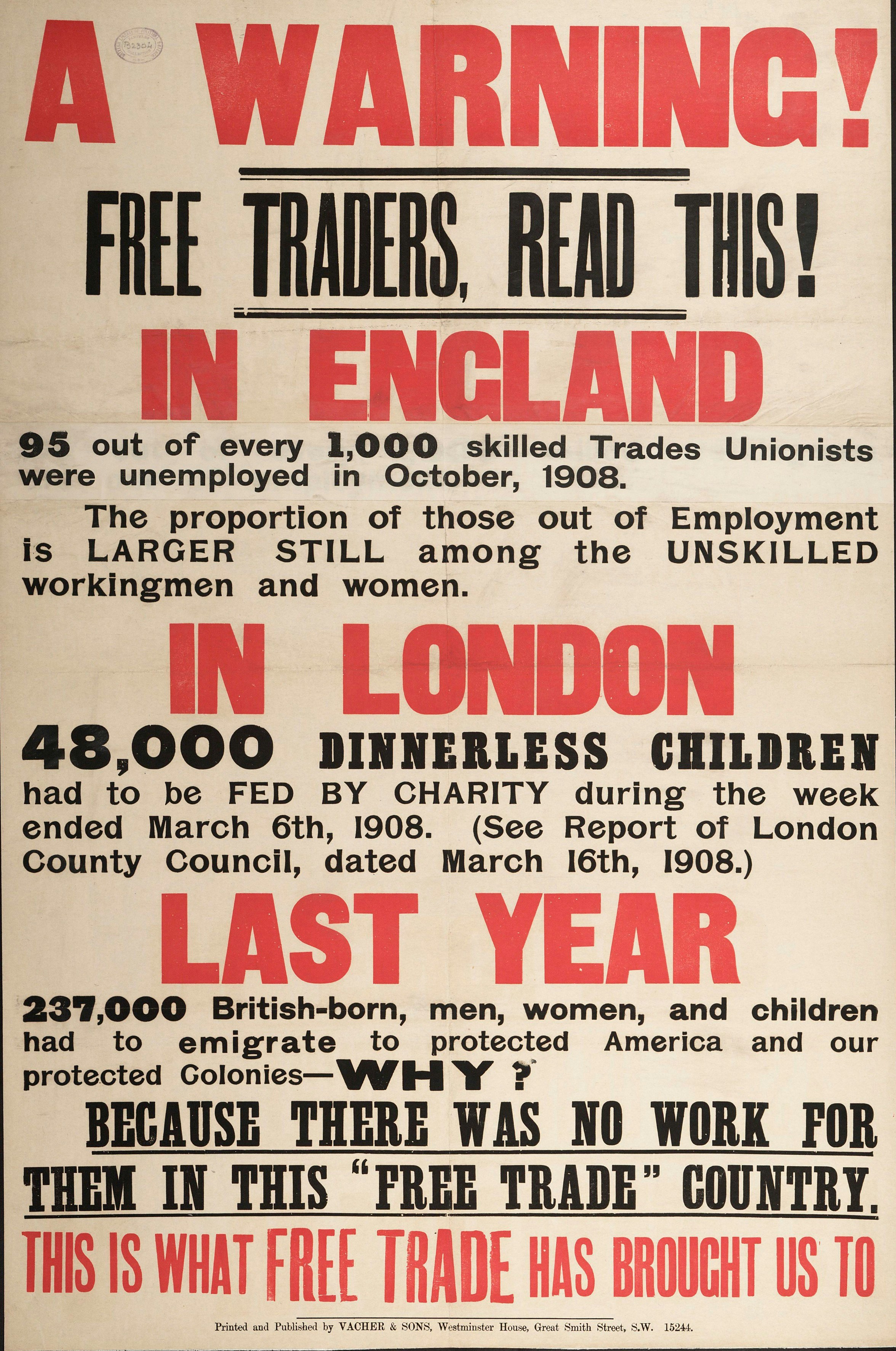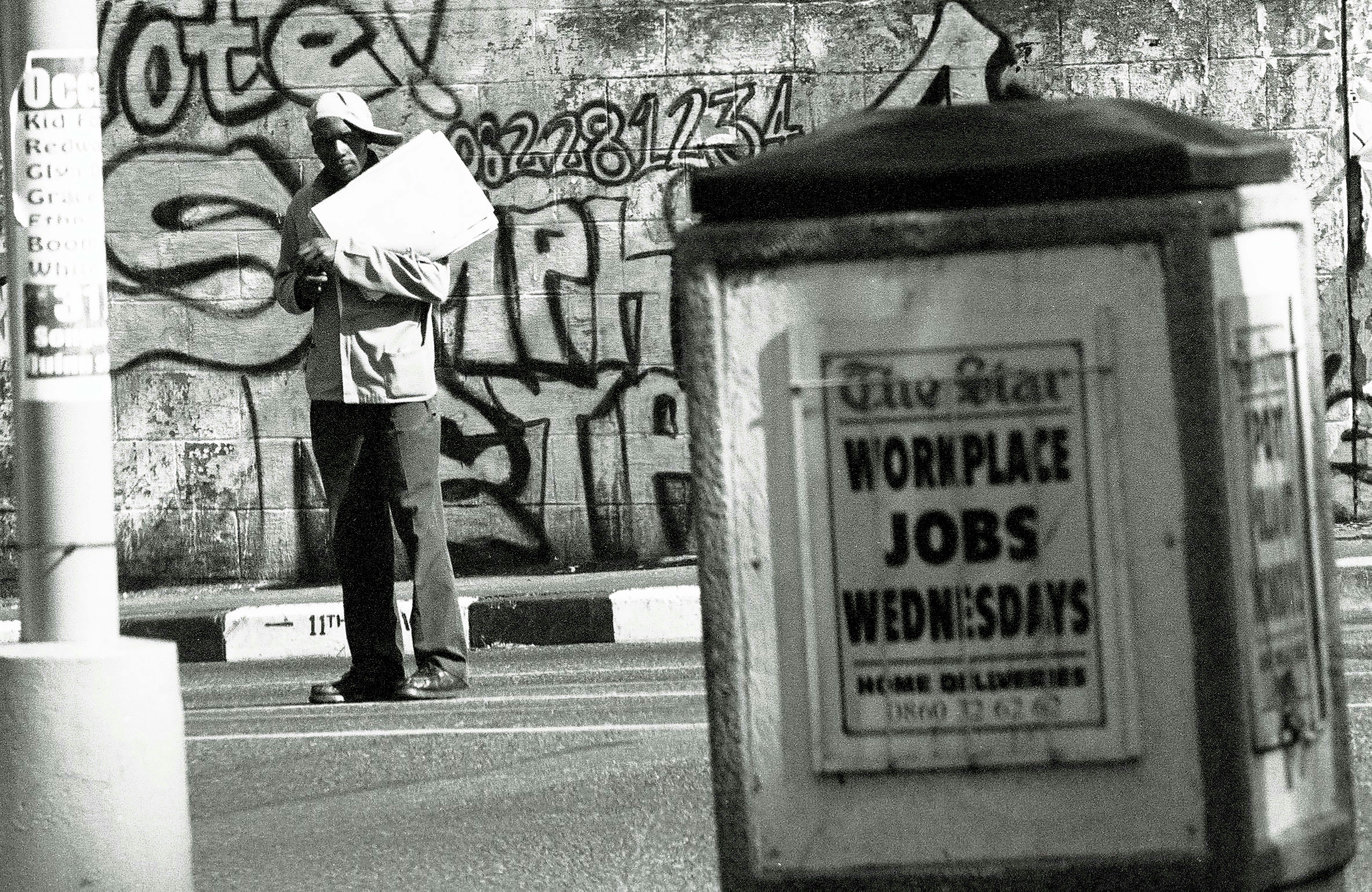
Ms. Coppola’s daughter, for instance, deleted her video shortly after it started to go viral. It lived on solely as a result of adults, starting from personal residents to official information organizations, saved it, reuploaded it, shared it, wrote about it and mocked it. In spite of everything, the web is public, proper? That glib caveat might have began as a well-intentioned reminder for weak customers, however it has develop into a blanket justification for amplifying something individuals discover on-line, even when it’s been created by, or about, a toddler.
A child clumsily training lightsaber strikes? If you happen to noticed it in particular person, it will barely be value taking note of, not to mention alerting your folks, and pointing and laughing would appear clearly merciless and gross. But when a video like this was uploaded in 2003 — across the time I used to be baring my soul to the world on-line — it shortly turned probably the most considered, and extensively mocked, movies on the web. If a politician’s daughter turns up at an in-person L.G.B.T.Q. youth group to debate her sexuality, broadcasting it to the world could be a blatantly dangerous act. But when she mentions it on-line in an unguarded second, many individuals assume nothing of amplifying that disclosure. In actual life, we perceive that youngsters deserve the area and privateness to be youngsters, free from mockery or public disdain. Why don’t we prolong the identical courtesy or show the identical decency on-line?
The nonfamous amongst us can take a cue from the way in which celebrities method this conundrum — in any case, they’ve rather more expertise with the possibly scathing nature of the highlight. Making an enormous deal of giving your youngster entry to social media will, on the very least, assist the child perceive that it’s an enormous step. At some point that child might make a public misstep. However the final accountability now lies with us, the individuals these youngsters encounter on-line, to present youngsters the area to discover their identities, to even make errors and mess up, with out being social gathering to their humiliation. We ought to be examples to them on-line, not perils lurking to pounce.
I’m lucky that my very own teenage errors occurred when the web was nonetheless comparatively new. I by no means went really viral, and the worst of the injury I skilled was confined to a comparatively small blast radius. But 20 years later, I imagine greater than ever that we have to develop a brand new web etiquette, one with a extra nuanced understanding about what it means for anybody to put up one thing on this “public” area. Youngsters particularly deserve our consideration and our safety. In the event that they put up one thing mortifying, don’t repost. Don’t favourite. And positively don’t obtain and repost. If you happen to see it on-line, ask your self what you’d do should you noticed it in particular person. As we are saying to youngsters on a regular basis: Make a more sensible choice.
Lux Alptraum is a podcaster and the writer of “Faking It: The Lies Ladies Inform About Intercourse — and the Truths They Reveal.”






